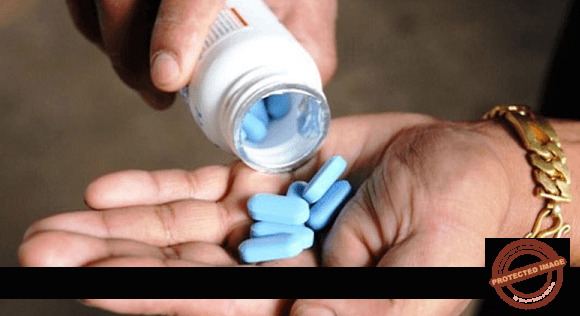HIV remains a significant health concern in Nigeria, with its impact felt nationwide. The introduction of Antiretroviral Drugs (ARV) has offered hope in managing the disease. However, challenges like availability and affordability persist. In this post, we delve into the current landscape of ARV drugs in Nigeria.
Cost of ARV Drugs in Nigeria:
In Nigeria, the cost of ARV drugs has been a topic of much discussion. Recent reports indicate that a pack of these drugs typically ranges from N3,000 to N5,000, depending on the specific type and source. It’s important to note that ARV drugs are prescription-based and are not available over the counter. This has led to concerns regarding accessibility, particularly in less developed regions of the country.
Understanding ARVs:
Antiretroviral drugs are a crucial component in the treatment of HIV. While they do not provide a complete cure, they play a pivotal role in reducing the viral load within the patient’s body. This helps maintain a robust immune system, enabling it to effectively combat diseases.
With over 40 approved ARV drugs worldwide, healthcare providers often recommend a combination of two or more drugs, tailored to the complexity and stage of the disease. Adhering to the prescribed dosage and schedule is crucial for the effectiveness of the treatment.
Challenges in Adherence:
Sticking to an ARV treatment plan can be challenging. Some patients may experience side effects, ranging from mild to severe, which may lead them to consider discontinuing the medication. However, missing doses can allow the virus to replicate, potentially leading to drug resistance. This underscores the importance of consistent adherence to the treatment regimen.
How ARVs Operate:
Antiretroviral therapy works by suppressing the activity of the HIV virus in the body. By effectively controlling the virus, ARVs contribute to improved overall health and extend life expectancy for individuals with HIV. This reduction in viral activity leads to a lower viral load and decreased risk of developing other illnesses.
HIV weakens the immune system, making the body more susceptible to various infections and diseases, including severe conditions like cancer. ARV drugs intervene by inhibiting the growth of the virus, thereby protecting the targeted cells. This reduction in HIV presence facilitates the recovery of the immune system.
Side Effects of ARV Drugs:
While advancements in HIV drugs have minimized severe side effects, some patients may still experience mild to moderate reactions. It’s crucial to note any new or unusual symptoms and promptly inform a healthcare provider. Additionally, potential interactions with other medications and existing health conditions should be communicated to the medical team.
Short-term side effects may include diarrhea, difficulty sleeping, dizziness, fatigue, headache, muscle pain, nausea, and vomiting. Long-term effects could encompass depression, diabetes, heart disease, insomnia, kidney and liver damage, nerve damage, osteoporosis, and elevated levels of blood fats.
Seek immediate medical attention if experiencing extreme fatigue, persistent nausea, fever, vomiting, or a lasting rash.
Conclusion:
ARV drugs have revolutionized HIV treatment, offering hope for individuals affected by this persistent virus. While challenges in availability and affordability persist, these medications are crucial in managing the disease. Adherence to prescribed regimens and open communication with healthcare providers are key elements in the journey towards a healthier, more fulfilling life with HIV.

